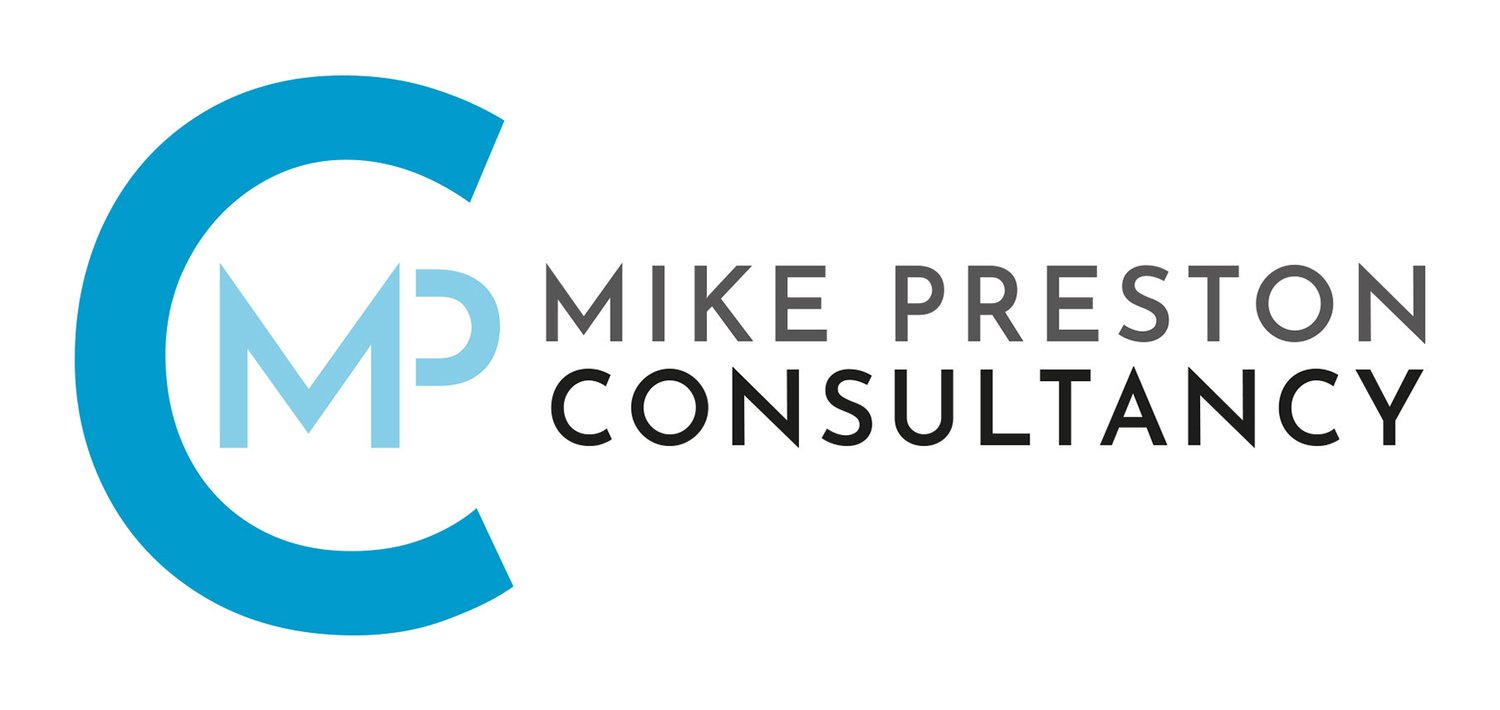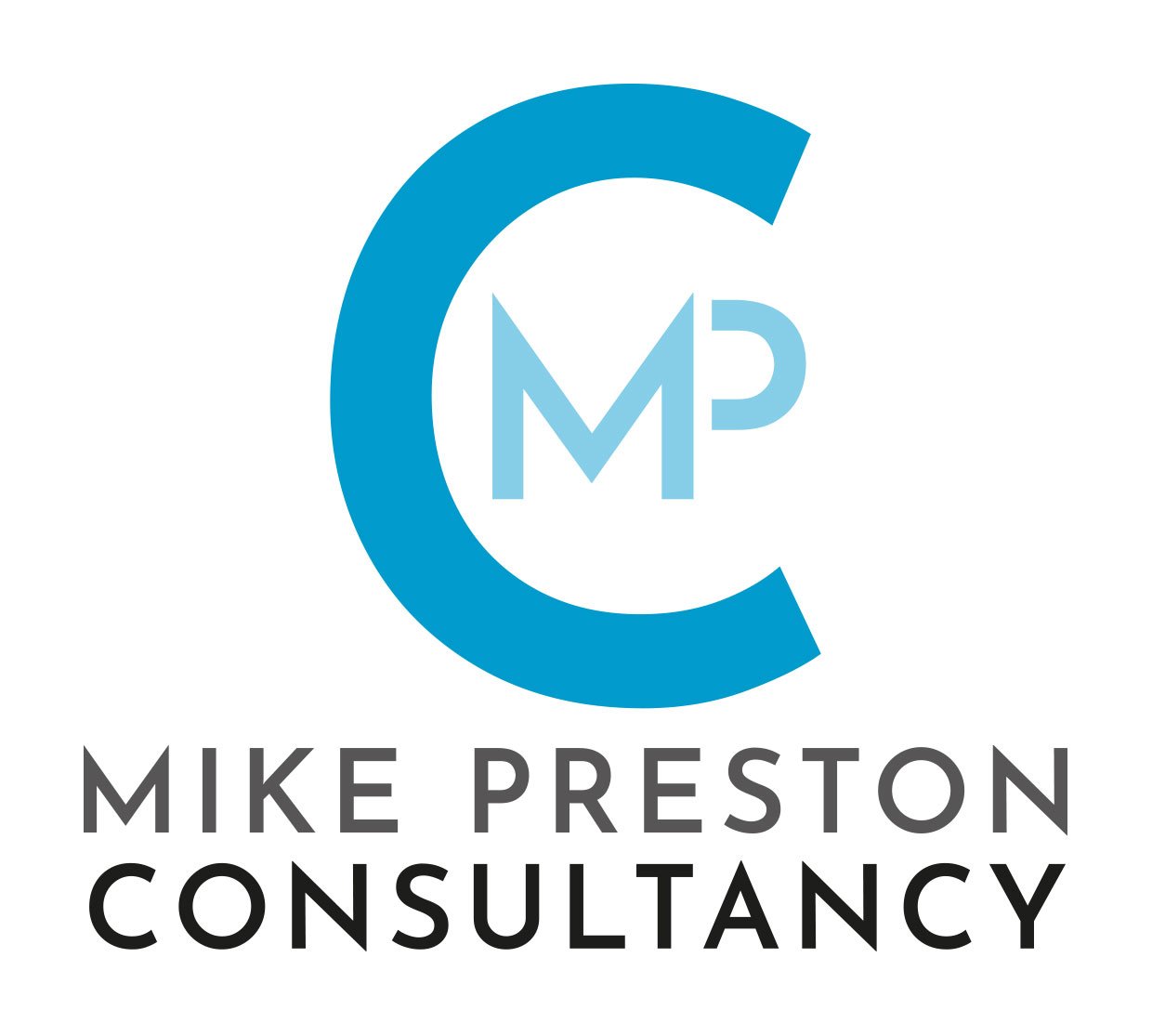The Top Five Skills Every Board Member Should Possess
The success of any charity hinges significantly on the quality and skills of its board members. These individuals are not just figureheads; they are the strategic brain trust that steers the organization towards its mission. To be truly effective, board members need to be equipped with a robust set of skills.
Here are the top five competencies every board should have to ensure their charity's long-term impact and sustainability.
1. Strategic Thinking At the core of any effective board lies the capability for strategic thinking. This skill involves the ability to set long-term goals and develop actionable plans that align with the charity's mission and values. Strategic thinkers can foresee challenges and opportunities, making informed decisions that guide the organization to success. They can analyze trends, anticipate the future landscape, and are adept at adjusting the course as needed.
Why It's Important: Without strategic vision, a charity can quickly lose direction, wasting valuable resources and momentum. Strategic thinking enables the board to decision-make with foresight, thereby ensuring that actions taken today will positively impact the organization's future.
2. Financial Literacy A solid understanding of financial principles is indispensable for any board member. This includes proficiency in reading financial statements, knowledge of budgeting processes, and an understanding of economic factors that affect the organization. Financially literate board members can analyze balance sheets, income statements, and cash flow projections, making well-informed decisions to safeguard the charity's financial health.
Why It's Important: Financial oversight is a fundamental responsibility of the board. Without financial literacy, even the best-intentioned board cannot adequately oversee the charity’s fiscal health, leading to potential financial mismanagement.
3. Fundraising Acumen Fundraising is the lifeblood of any charity. Board members should have a keen understanding of fundraising strategies and the ability to advocate for the charity's cause compellingly. Effective board members can form and maintain relationships with donors, understand grant application processes, and can think creatively about diverse revenue streams.
Why It's Important: The ability to fundraise effectively ensures that the charity has the resources needed to fulfill its mission. Boards that are adept at fundraising can secure the financial stability required for long-term operations and significant impact.
4. Legal and Ethical Awareness An acute awareness of legal and ethical standards is crucial for boards to operate responsibly. This includes knowledge of governance best practices, compliance with regulatory requirements, and adherence to ethical guidelines. Board members must ensure that the charity operates transparently and ethically, protecting it from legal issues and maintaining public trust.
Why It's Important: Legal and ethical lapses can result in severe repercussions, including loss of donor trust and potential legal liabilities. Ethical governance ensures that the charity maintains integrity, bolstering its reputation and long-term effectiveness.
5. Communication and Collaboration Strong communication and collaboration skills are the glue that holds a board together. These skills include the ability to articulate ideas clearly, listen to others, and foster open dialogue. Effective communicators can build consensus, create a united vision, and ensure all voices are heard and valued.
Why It's Important: Effective communication and collaboration within the board and with external stakeholders ensure alignment and cohesive action. This unity streamlines decision-making processes and fosters a productive, harmonious working environment.
Lifelong Learning: The Key to Board Excellence While possessing these five skills is fundamental, the best board members are also lifelong learners. They recognize the ever-evolving landscape of nonprofit management and commit to their continuous development. Investing in learning opportunities, attending workshops, and utilizing available resources can significantly enhance their abilities.
Why It's Important: Staying informed and educated enables board members to adapt to new challenges, implement best practices, and lead their charity toward sustained success.
Take the Next Step Toward Excellence Investing in the continuous development of your board is investing in the future of your charity. Don’t let your organization struggle with outdated practices or inefficiencies. Step into a future where your board is not only skilled but also resilient, innovative, and ready to tackle any challenge.
Why Choose Mike Preston Consultancy? Our expert-led training programs and resources are designed to cultivate the essential skills every board needs: strategic thinking, financial literacy, fundraising acumen, legal and ethical awareness, and superior communication and collaboration abilities. But we go beyond basic skill-building; we foster a culture of lifelong learning, equipping your board with the ability to adapt and thrive in an ever-changing nonprofit landscape.
What We Offer
- Tailored Workshops: Custom-designed workshops that address the specific needs and challenges your board faces.
- Expert Coaching: One-on-one and group coaching sessions from seasoned professionals with extensive nonprofit experience.
- Continuous Learning Resources: Access to a wealth of resources, from articles and eBooks to webinars and online courses, keeping your board members informed and inspired.
- Networking Opportunities: Connect with other nonprofit leaders and share best practices, innovative strategies, and valuable insights.
- Interactive E-Learning: Engage in flexible, on-demand e-learning modules that allow your board members to learn at their own pace and convenience.
Visit our website to learn more and take the first step toward building a stronger, more effective board.


